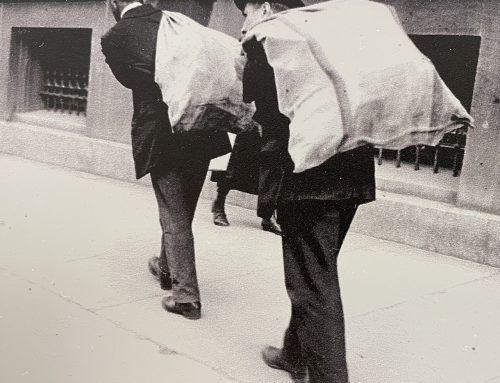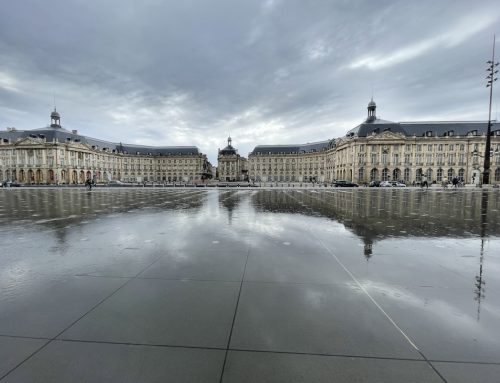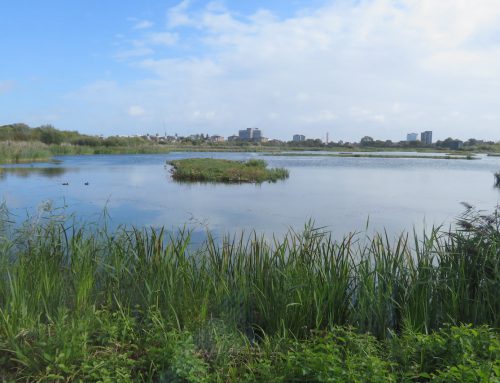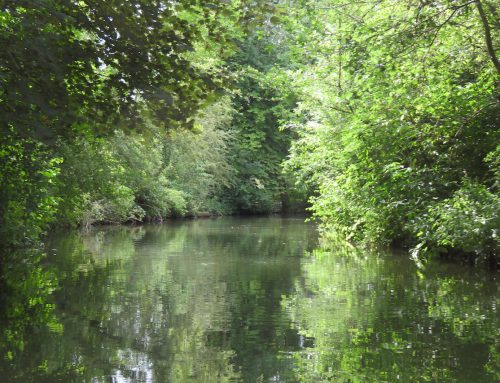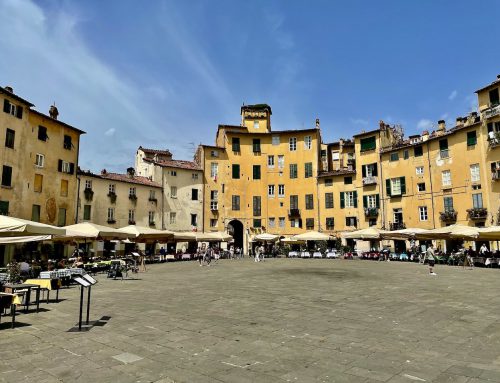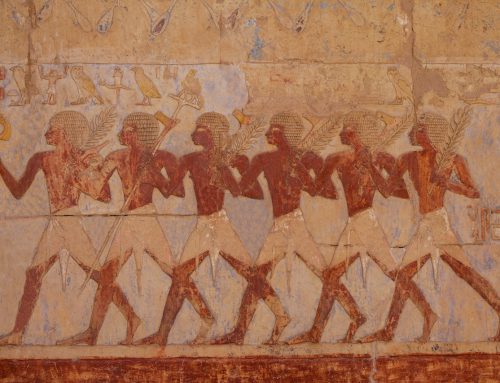Orkney and its Scapa whisky
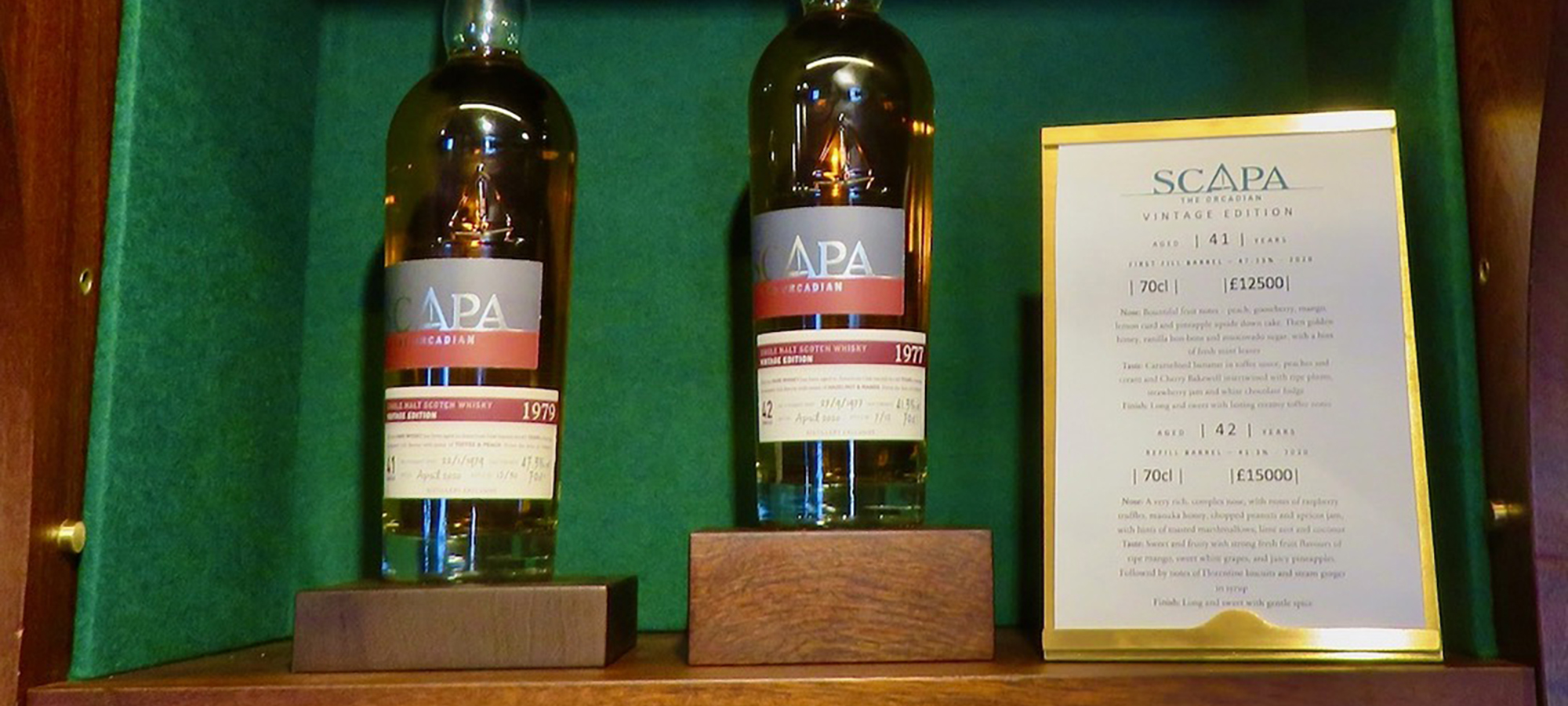
Anyone wish to spend £15,000 on a bottle of whisky

Anyone wish to spend £15,000 on a bottle of whisky
Orkney, United Kingdom
Visiting Orkney is an adventure, as there is a sense of going to the end of the Earth. You will be alone and surrounded by God’s creations. Despite this sense, the Orkney archipelago is busy. Nearly 400,000 travellers visit each year, earning Orkney more than £67 million. Most stay several days, especially when they discover the place is unique.
Orcadians, those who inhabit the Orkney Islands, are fiercely proud of their Norse background, as there was a time when Orkney was owned by Norway. Twenty of Orkney’s 70 islands and skerries have been inhabited for at least 8500 years and were annexed by the Kingdom of Norway in 875AD. However, in 1472AD, they were absorbed into the Kingdom of Scotland, after the failure to pay a dowry to King James III by the family of his Danish bride. Many Orcadians will say they are Orcadians first and Scottish second, while some will claim they belong to North Britain and are royalists at heart.
Orkney demonstrates there was once a time when the map of Great Britain could be turned on its head. The centre of culture was in the north, not south, as many assert today. Neolithic populations on Orkney make it one of the most prolific archaeological sites on the planet. There are so many standing stones, I soon lost count.
Two of Scotland’s more than 140 whisky distilleries are on Orkney. One is the peated Highland Park, the other the unpeated Scapa. Scapa distillery comprises a few smallish white buildings perched high on the cliffs overlooking the massive Scapa Flow. This 312 square kilometre (120 square miles) natural anchorage has an extensive history and was where the German fleet was scuttled towards the end of World War One. It is now home to humpback, sperm, and orca whales, in addition to plenty else.
I am an unashamed drinker of whisky, that nectar of the gods, and Scapa is my favourite, even if it is a Hard-to-Find spirit. Whisky is important to the UK, earning the economy £7.1 billion every year from exports, a sum that is increasing.
The Scapa distillery has been in location since 1885 and produces a mere one million litres of whisky annually. Compare that with Glenfiddich’s 21 million. There is a huge difference. Scapa whisky is unpeated, which separates it from many others, as 80% of Scottish whiskies are peated, 20% are not.
The presence or absence of peat is important for whisky. In earlier times, peat was a prolific fuel, firing not only hearths but also distillery kilns. Whisky is made from barley, which is malted as part of the process. Hence the term ‘malt whisky’. Malting is the process of steeping, germinating and drying grain to convert it into malt. In whisky production, peat is used to smoke malting barley, the phenols in the smoke being infused into the spirit. Burning peat thus has a considerable influence on flavour. Not all drinkers like this peated whisky, so some distilleries relinquished peat and relied on commercially available malted barley. One such distillery was Scapa.
Key to any whisky is the origin of its water. It is the first question to ask on any distillery tour. There is plenty needed for the spirit’s production, the rough ratio being ten litres of water for each litre of whisky. The water for Scapa whisky comes from the nearby Orquil Spring, from where it is piped directly to the distillery.
Another issue is the type of barrel in which the drink matures. Scapa mostly uses American-made casks that have previously been used for bourbon. The casks can be used several times, but by the fourth occasion are exhausted and must be thrown away.
Whisky is a truly alcoholic drink, although the percentage of alcohol within it varies widely, depending on the type of whisky. A range of 40-50% alcohol by volume (ABV) would be usual, and that applies to Scapa, although some versions can be stronger. Ice is discouraged, as it melts and adds an unpredictable volume of water. I drink my whisky half-and-half - 50% whisky with 50% water - and never rely on ice.
Price is varied but most find whisky expensive. One bottle I saw at the Scapa distillery had been aged for 42 years, not the normal 10, 12, or 16, and stood proudly alone on a glass shelf. The cost? Fifteen thousand pounds for a single bottle. I asked to photograph it in a whispered voice. I was terrified the whisky might hear.
So, Orkney? For me it was whisky but for others it will be different. There are so many reasons for visiting and it is much more than a simple daytrip. Go there, do not hesitate, learn plenty, and please try its Scapa whisky.
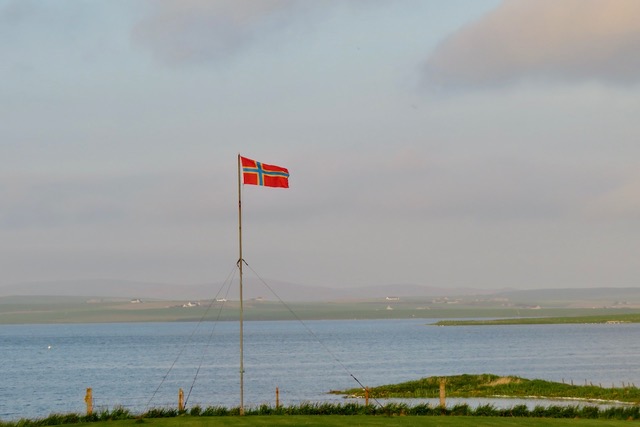
Orkney's flag - the Scandinavian link is clear
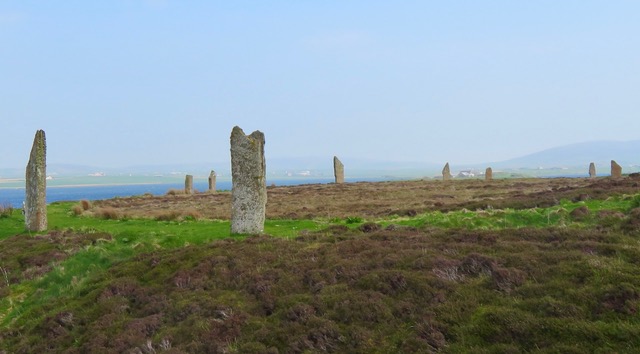
There are many standing stones on Orkney - here, the Ring of Brodgar
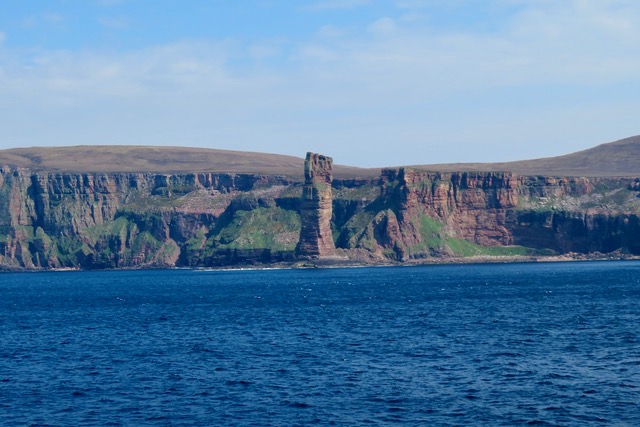
Orkney's Old Man of Hoy as the ferry heads for Stromness
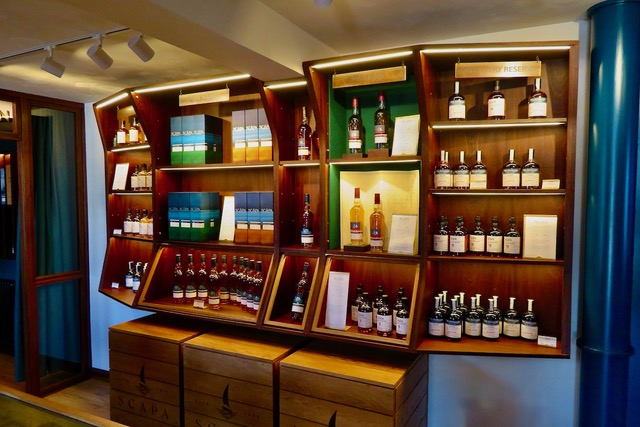
Scapa produces many different whiskies
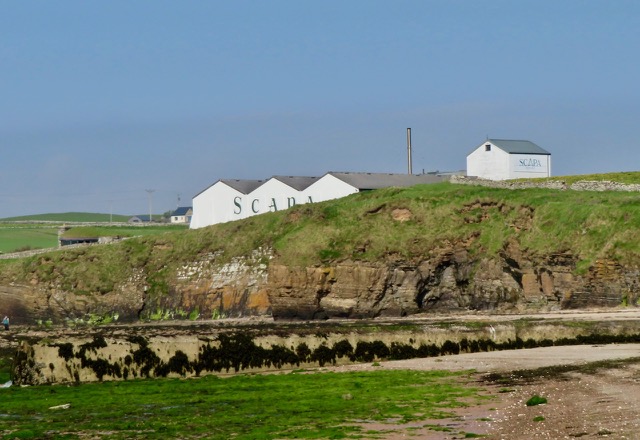
Scapa Distillery overlooking Scapa Flow
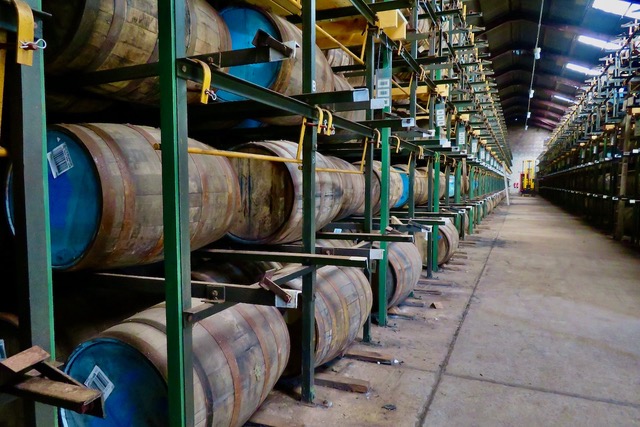
Scapa whisky maturing in its casks
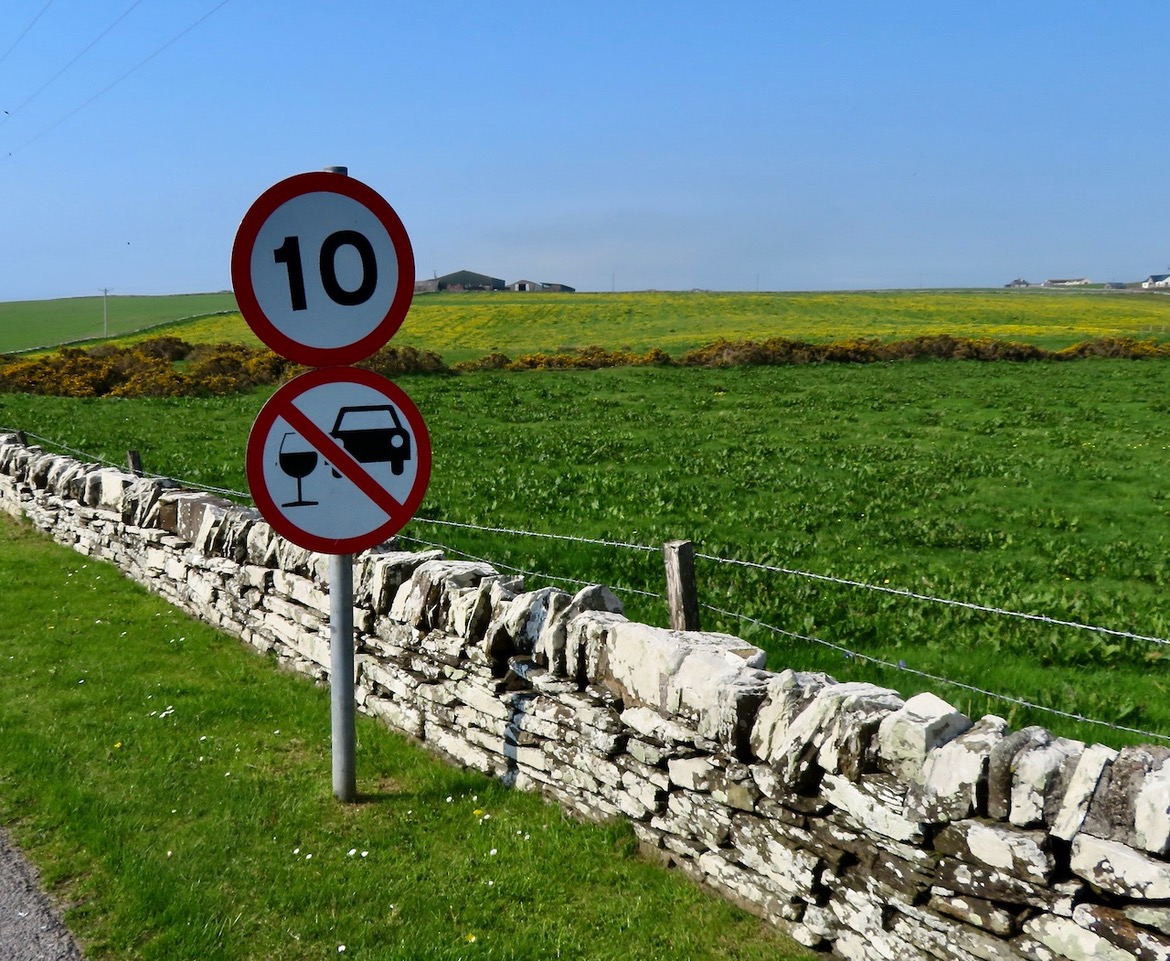
Do not drink and drive on Orkney

